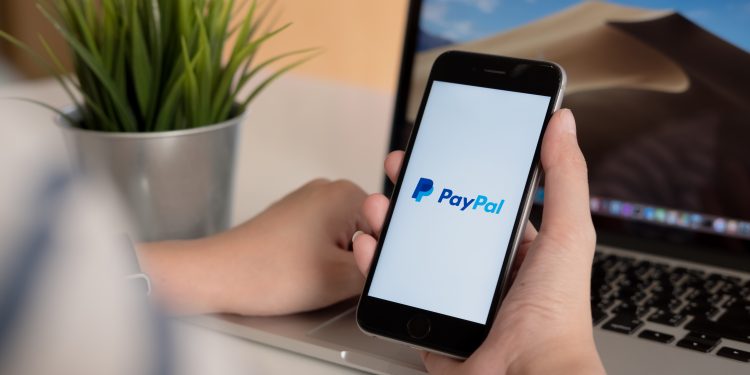Earlier PayPal enabled its account holders to buy and hold crypto. That crypto can now be used to fund purchases made at merchants that accept PayPal. The merchants will fund the cost of converting crypto to dollars, whatever that cost might be, through PayPal’s existing currency conversion fee structure.
Traditionally a bitcoin holder either, sends bitcoin and pays a fee to miners to have that transaction added to the blockchain quickly, or the bitcoin holder pays an exchange to convert bitcoin to US Dollars. With this structure crypto holders pay nothing, the merchant picks up the tab.
With both PayPal and Visa enabling crypto at a fundamental level, the conversion of crypto holdings into payments will likely expand boosting overall network transaction numbers. Here are two of several concerns:
- Transaction fees for Bitcoin are unstable and are likely to increase because in a few months the miner’s revenue per block drops from 12.5 bitcoin to 6.25. Eventually miners will no longer receive rewards at all and the impact of that is unknown.
- Miners approve upgrades to the Bitcoin Platform. Even without the specter that many miners operate in China, miners have their own self-interests at heart. It isn’t clear those interests align with bitcoin holders, banks, or payment networks:
“Continuing its push to make cryptocurrency a mainstream payment option, PayPal Holdings, Inc. on Monday announced that it will accept cryptocurrency at checkout.
The move builds on PayPal’s strategy of increasing the utility of cryptocurrency so it can become a mainstream payment option. PayPal took the first step in that direction last October when it allowed PayPal account holders to buy, hold, and sell cryptocurrency directly from their account.
PayPal will support acceptance of Bitcoin, Litecoin, Ethereum, or Bitcoin Cash, and will not charge consumers conversion or any other fees at checkout. Only one type of cryptocurrency can be used for each purchase.
Once payment has been made, PayPal will settle the transaction in U.S. dollars and convert them to the applicable currency for the business at its standard conversion rates.
Noting that acceptance of cryptocurrency as a payment option has been slow because consumers have historically treated the digital currency as an asset, PayPal sees the acceptance of cryptocurrency as a way to help merchants attract, and build loyalty among, new customers who want to pay for purchases using digital currencies.”
Overview by Tim Sloane, VP, Payments Innovation at Mercator Advisory Group









